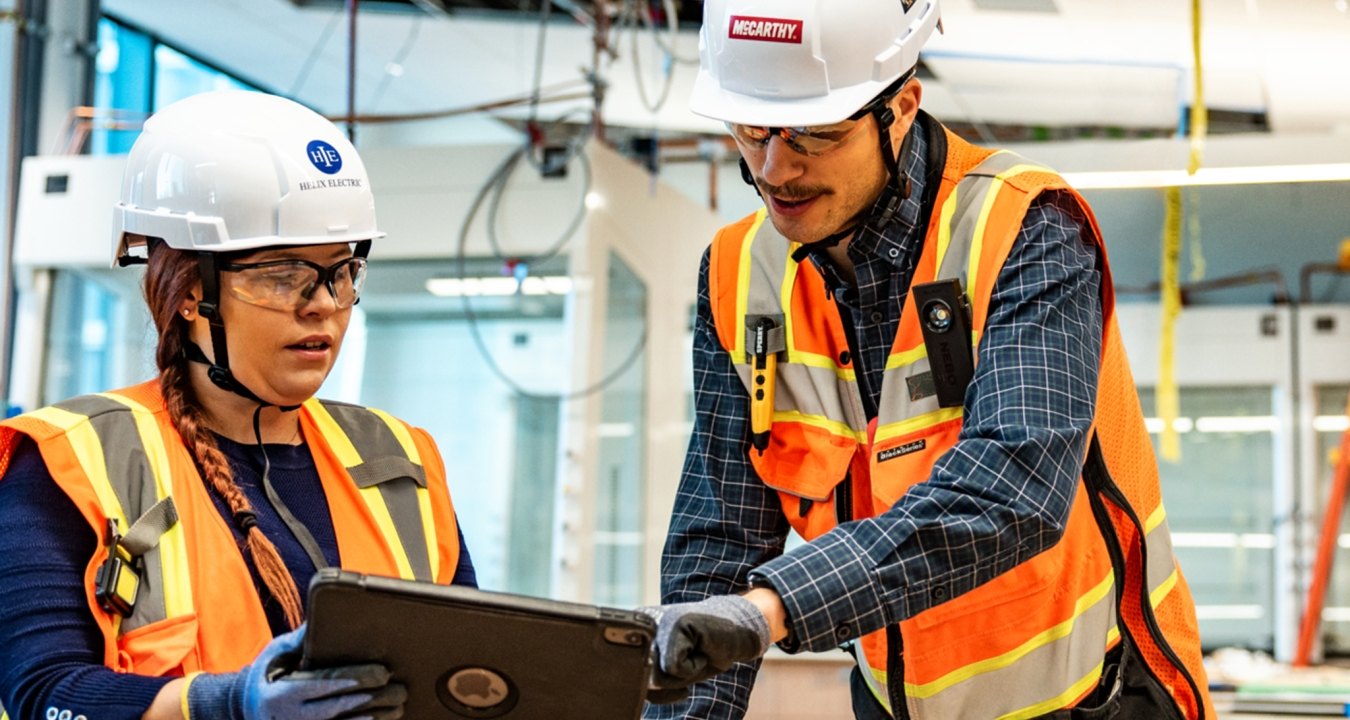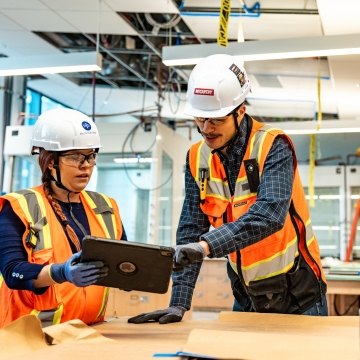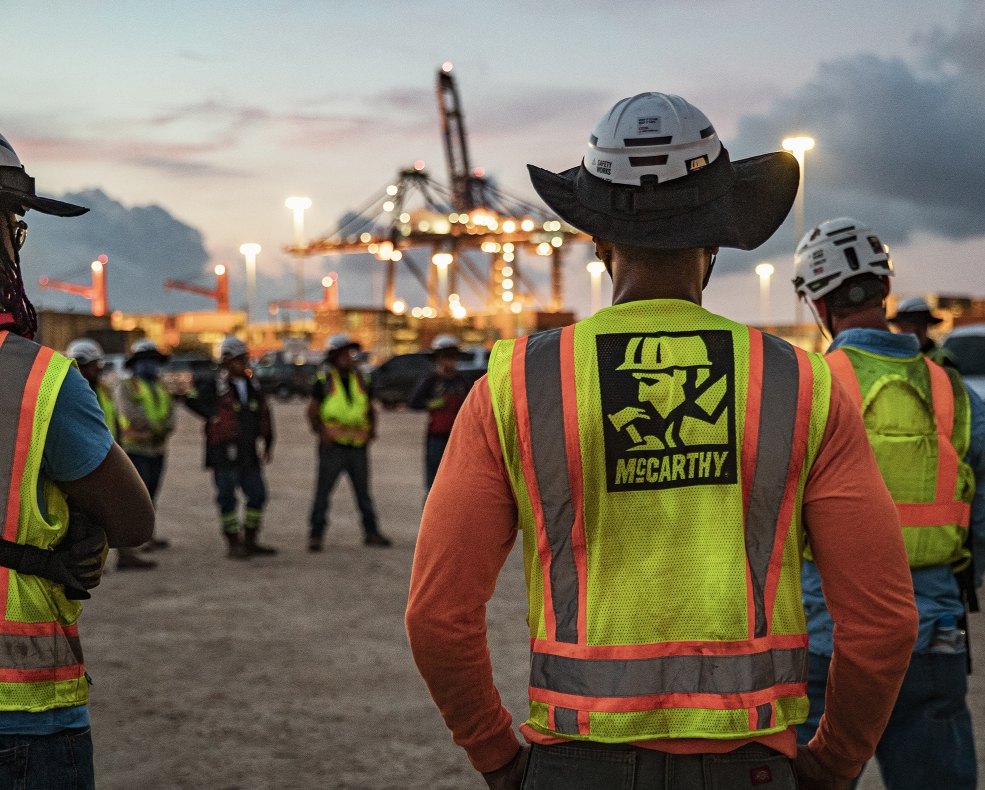What Is Engineering, Procurement and Construction?
A single contractor has complete responsibility for a project under an engineering, procurement and construction (EPC) contract. EPC refers to both the type of construction contract and the project delivery method, and it is often used for large-scale construction projects. It offers fixed costs and a single, experienced point of contact.


What Is an EPC Contractor?
Engineering, procurement and construction contractors are responsible for an entire project’s lifecycle through construction to completion. They supervise and manage all aspects of successful construction projects. The client hands over their vision for a project and expectations for quality, budget, and timeline. Then, the EPC contractor delivers it ready for operation!
EPC Project Delivery Components
The EPC contractor’s responsibility is to provide an integrated approach to project delivery, managing all aspects of engineering, procurement, and construction. Here are examples of what may be involved in each aspect of the process:
Engineering
Once an EPC contractor has been onboarded, the engineering phase can begin. Engineering, in this case, includes everything from viability checks to design. The EPC contractor and designers create detailed project plans and define technical specifications. Together they progress a unique design and solution from concept through Issued for Construction (IFC) document approval and completion. The contractor will make sure plans account for the budget and schedule, pass necessary codes and regulations, and meet the performance requirements for the project.
Procurement
EPC procurement is ongoing throughout a project and involves sourcing and purchasing materials and equipment, along with necessary hiring for services. This includes receiving bids and making vendor and subcontractor selections.
Construction
This is where the physical building happens. The EPC contractor manages subcontractors and construction teams while overseeing safety compliance, quality, and the physical construction process. The EPC contractor works to deliver the finished facility on time and within budget. Along with overseeing work crews and subcontractors, they also communicate with the project owner and provide progress updates.
Advantages of an EPC Agreement
Using an EPC contract in construction is beneficial when a project is large or complex, the owner wants to minimize risk and stick to a strict cost, and performance and schedule are top priorities. EPC project delivery offers a streamlined and risk-reducing approach to construction. By placing responsibility in the hands of a single entity, project owners gain peace of mind knowing that design, procurement, and construction are accurately completed and managed.
Common benefits of an EPC contract include:
- A single point of responsibility and contact – Minimize communication issues.
- A fixed price and timeline – Additional costs are absorbed by your EPC partner.
- Turnkey delivery – The project will be handed over in a complete and ready-to-operate state.
- An experienced contractor – Add expertise and efficiency to your build.
Work with Experienced Engineering, Procurement, and Construction Contractors
At McCarthy, we work with project owners to develop a collaborative project approach and method that meets their project’s specific needs. If you’re planning to begin a renewable energy construction project, EPC services might be the right option for a high-quality, on-time, and on-budget project.
Learn more about working with McCarthy and the best project delivery methods for your vision. Contact us today.

